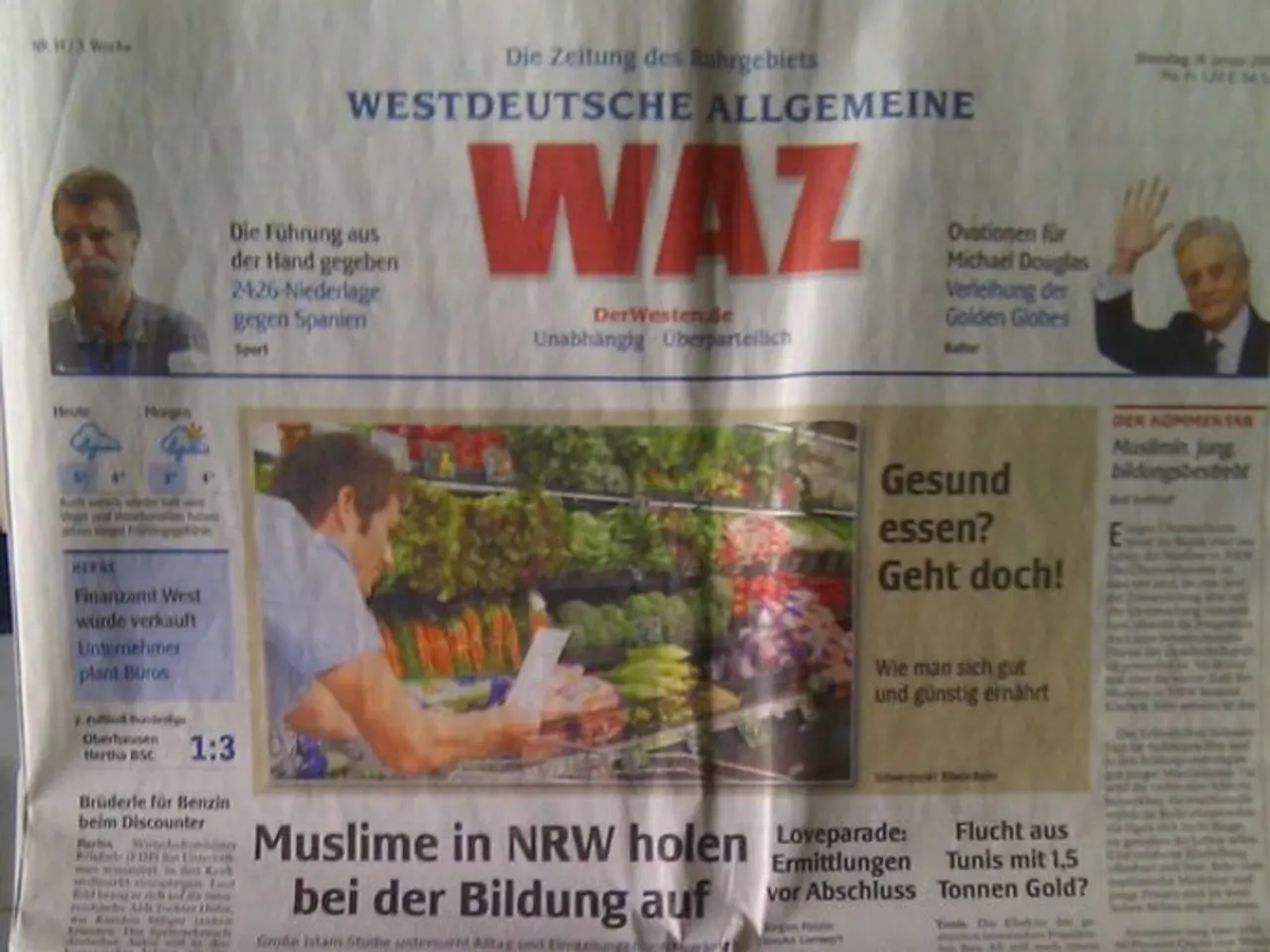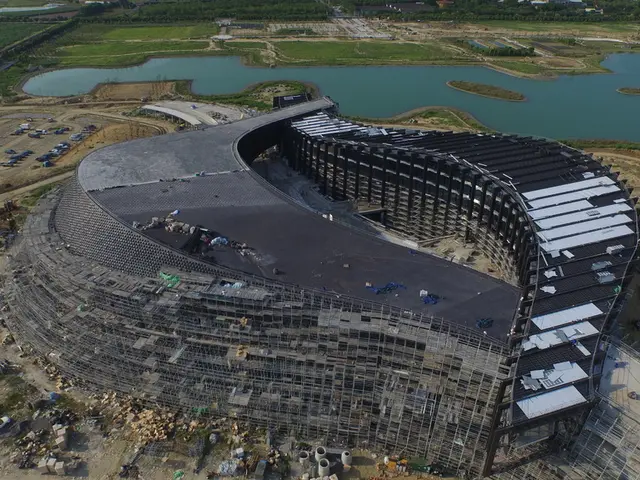Online platforms spur public discontent
In the midst of the ongoing border tensions between Thailand and Cambodia, the importance of fact-checking and media literacy initiatives has never been more evident. These interventions aim to counter the spread of misinformation in online environments, a critical factor in maintaining peace and understanding between nations.
Fact-checking organizations play a crucial role in verifying disputed claims and misinformation. These organizations, working independently for investigative rigor and neutrality, help identify and label false content, aiding public discernment during crises. Content moderation techniques, such as labeling misinformation, removing or de-emphasizing false posts, temporarily delaying unverified content, and monitoring user behavior, also help reduce misinformation circulation on social media platforms.
Media literacy education empowers users with skills to critically evaluate sources, recognize misinformation tactics, and develop lateral reading habits (cross-checking information across multiple trusted sources). This approach helps people discern truth from falsehood, especially in high-stakes situations involving international conflict.
Community and policy support, exemplified by initiatives like the European Digital Media Observatory, foster collaboration among fact-checkers, researchers, media experts, and policymakers to coordinate anti-disinformation efforts across borders. Local media support and culturally contextualized interventions improve the effectiveness of misinformation countermeasures by aligning fact-checking and literacy efforts with local norms and languages.
Recent events have highlighted the impact of these initiatives. A viral TikTok clip, showing nighttime firing at Prasat Ta Kwai, has been spreading misinformation about the recent Thai-Cambodian border tensions. The video, which contradicts the military's denial, has been amplified by three prominent news outlets and has caused public outrage in Thailand. Kultida Samabuddhi, editor of Cofact Thailand, warned that the clip could be weaponized in international forums like the UN or the Security Council.
To combat this misinformation, journalists like Nattapong Toomma, Senior Digital Content Reporter at Thai PBS Verify, use tools like Google Lens and Google Maps to debunk misrepresented photos. For instance, a photo initially shown as being taken at the Preah Vihear Temple was traced by Toomma's team to the ruins' base in Phatthalung Province.
The challenges of verifying reports in the era of global fake news are significant, as noted by Chayanit Itthipongmaetee, Digital Verification Journalist at Agence France-Presse (AFP). Speed is a significant challenge, but Itthipongmaetee emphasized that journalists must prioritize accuracy over speed, especially with poor-quality footage.
Ms. Kultida concluded that the battle isn't just about speed -- it's about precision, and truth, not panic, should guide public discourse. She warned that in today's digital ecosystem, manipulated clips can be stripped of context and repurposed, and stressed that responsibility lies not only with tech companies but also with journalists.
Despite the government's slow and muted response, the unverified footage has lingered in the public consciousness, spawning further distortions and speculation. Human nature often drives people toward negative or defensive interpretations, which can deepen diplomatic strains between nations.
In conclusion, fact-checking brings timely corrections while media literacy builds long-term resilience in users, helping them critically navigate information flows during crises like the Thai-Cambodian border tensions, where emotions and nationalism may fuel misinformation campaigns and social media polarization. Together, these interventions create a multilayered defense against the rapid spread of false narratives during complex geopolitical events.
Fact-checking initiatives on social media platforms can effectively combat the spread of entertainment-based misinformation that drives public outrage in disputed circumstances, such as misleading TikTok clips about border tensions between nations. Adequate media literacy education is essential in empowering users to discern truth from falsehood, especially in the high-stakes context of international conflicts, where misinformation can incite panic and escalate misunderstandings.






